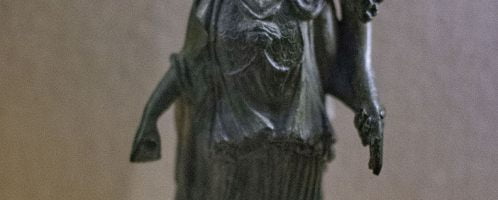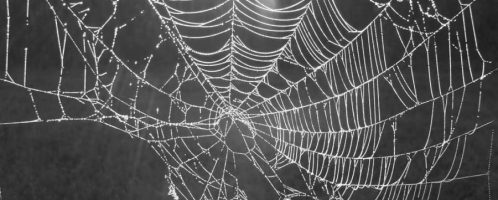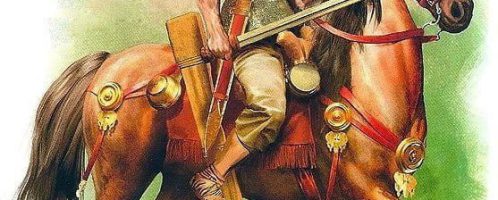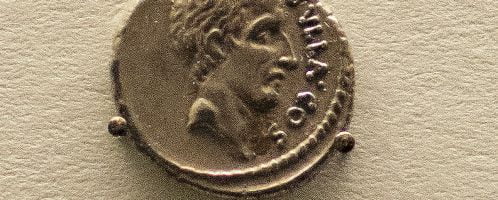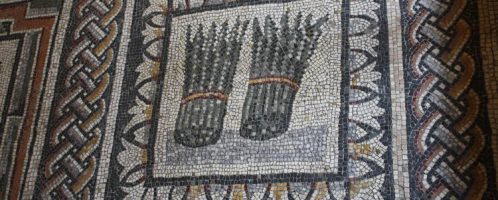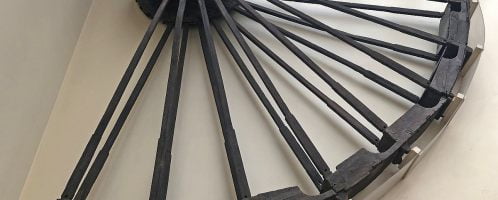If you have found a spelling error, please, notify us by selecting that text and pressing Ctrl+Enter.
Curiosities of ancient Rome
The world of ancient Romans abounded in a number of amazing curiosities and information. The source of knowledge about the life of the Romans are mainly works left to us by ancient writers or discoveries. The Romans left behind a lot of strange information and facts that are sometimes hard to believe.
Romans used spider’s web to stop bleeding
Ancient Romans used a spider’s web to stop bleeding, incl. for cracked skulls and cuts after shaving. Although the Romans did not know much about viral and bacterial infections, by trial and error they concluded that the spider’s web is very beneficial for wound healing.
Ancient Romans and Greeks did not use stirrups
The ancient Romans and Greeks did not use stirrups that first appeared in China. The oldest image is from 322 CE.
Roman denarius showing Sulla
Roman denarius showing the dictator Lucius Cornelius Sulla. The object is dated around 54 BCE, so it was made posthumously (Sulla died in 78 BCE). The artifact is in The British Museum in London.
Eagles were highly regarded in ancient Rome
Eagles, to this day, arouse respect and respect not only among animals but also people. The pride and strength of these birds were already in ancient times, and they themselves became the symbol of Roman legions.
Pantheon – completely preserved Roman building
The Pantheon is the only completely preserved building of Ancient Rome. It is one of the most important and impressive buildings in Rome.
Hypocrite Seneca the Younger
Seneca the Younger, living in the 1st century CE, the famous Roman Stoic, called the Philosopher, eulogist of heroic ethics, in his life, contrary to appearances, was not guided by beautiful beliefs. He was the tutor of Emperor Nero, at the beginning of his reign he had considerable influence at the court, which he scrupulously used.
Asparagus – expensive specialty among Greeks and Romans
Asparagus was a very expensive speciality in ancient Greek and Roman times that was especially frozen in the Alps for festivals and festivals. Both the Greeks and Romans appreciated their unique and delicate taste, diuretic and medical properties.
Preserved fragment of great Roman water wheel
A preserved fragment of a great Roman waterwheel used to drain huge copper mines along the Rio Tinto in Andalusia (southern Spain). The mines used complex wheel systems with one section using 16 pairs of wheels to lift water up to 30 meters. Object dated to the 1st-2nd century CE.
Soranus – outstanding Batavian warrior
A unique epitaph has survived to our times from the tombstone of a certain Soranus – a Batavian (Germanic tribe) soldier serving in the Roman army during the reign of Emperor Hadrian (117-138 CE). We are not sure if the inscription was written at the request of the deceased or the emperor himself, in exchange for his merits.

